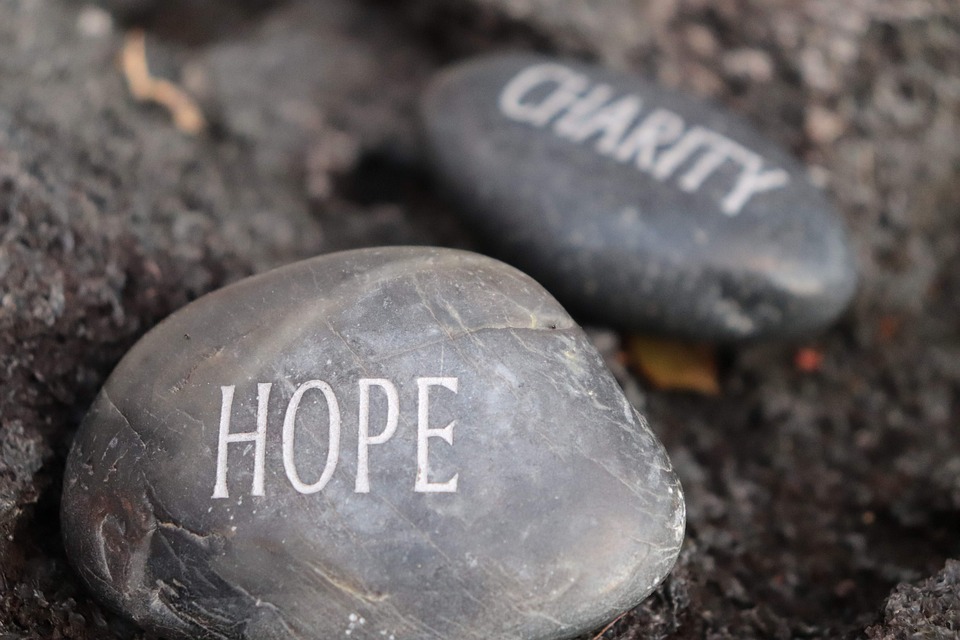One of the most beneficial types of investments that a charitable organisation can make is in a customer relationship management system. Despite this, many charitable organisations do not fully utilise the capabilities of a CRM to improve the level of service they provide to their donors.
Many of the smaller charitable organisations with whom I’ve worked have avoided using CRM software entirely due to the widespread misconception that it is more useful for large businesses.
In fact, the exact opposite is true in this case. The implementation of a customer relationship management system can benefit even the most modest charitable organisations.
Give each customer your undivided attention.
Charitable organisations have the potential to capitalise on people’s natural proclivity to be receptive by catering to the unique needs and interests of individual donors and keeping them informed. If you want to maximise the success of your fundraising efforts and keep contributors’ attention, you must create an environment in which they feel valued.
Because it streamlines the process, a customer relationship management (CRM) system is an excellent investment for improving communication with donors. A centralised database of donor information allows for the rapid development of personalised communications for each individual donor as well as each corporation that contributes money. A donor’s giving history, interactions with your organisation, and sponsored events can all be used to personalise and improve a donor retention communication plan.
The majority of these contacts, ranging from expressing gratitude to contributors to disseminating information about upcoming events, can be automated with the help of a donor management system designed specifically for non-governmental organisations (NGOs) in the modern day.
One advantage is improved judgement.
A customer relationship management system (CRM) is, at its most basic, nothing more than a centralised repository for the storage and organisation of information pertaining to a company’s individual clients. A centralised repository for all of a nonprofit organization’s financial records, including those related to donations, events, and fundraising efforts, is a tremendously useful resource.
Because there are so many different data and information sources available in the modern era, charitable organisations can easily become disorganised and difficult to administer. Many nongovernmental organisations (NGOs) make the rookie mistake of juggling an excessive number of online spaces, each with its own unique collection of spreadsheets and databases, resulting in chaos.
Keeping track of your contacts will be simple with the help of a customer relationship management system, and you will no longer need to save their information in multiple locations because this step has been eliminated. As a result, the group will have access to all relevant information, allowing them to make informed decisions about marketing, communications, events, and fundraising.
Reporting You Can Count On
Without accurate data on which to base decisions, it is impossible for an organisation to accurately assess its current state and plan for the future. The CRM system’s extensive reporting capabilities are beneficial to charitable organisations.
Donations, supporters, event attendance, and volunteer hours are all examples of measurable data. This data is critical for trustees and other stakeholders, and it can be generated on demand using a customer relationship management system.
Time is not squandered
One of the most significant differences between commercial businesses and charitable organisations is that nonprofits rely heavily on volunteer labour and part-time employees. As a result, we only have a limited amount of time to complete our mission.
Employees at charitable organisations waste a disproportionate amount of time performing manual tasks that could be automated with a customer relationship management system. By automating low-level tasks like data entry, mailings, and reporting, a customer relationship management system frees up employees’ time to focus on higher-value activities that directly contribute to the company’s growth. These errands would be impossible to complete without the system.
Donation Administration
Many different factors can impact a charity’s ability to raise funds, including one-time and recurring donations, online sales, fundraising events, and grants. Keeping track of all the different ways a charitable organisation makes money becomes increasingly difficult as it grows.
Nonprofit customer relationship management (CRM) solutions, such as m-NFP hance’s 365, make this process easier by collecting and storing data relevant to the organisation. You will have complete control over the funds once they have been separated, and it will be simple to determine which methods of fundraising are producing the most fruitful results, as well as which areas require further refinement.
Maintain open lines of communication between departments
Collaboration is essential in nonprofit organisations, but it can break down within departments if appropriate procedures aren’t in place and employees are left to fend for themselves.
Setting up a customer relationship management system is the most effective way for a charitable organisation to ensure that all of its divisions are communicating with one another and that the organisation maintains some semblance of order. Having access to a centralised hub makes it easier to collaborate as a team because it streamlines communication and ensures that all team members are working with the most up-to-date information.
As more people donate their time and energy to a nonprofit organisation, keeping the organization’s operations organised may become more difficult as the number of volunteers involved grows. Each department, from research and development to accounting to community service, must be able to communicate and collaborate effectively with one another.
Security as well as standardisation.
Nonprofit organisations cannot afford to ignore the importance of data privacy laws. When it comes to collecting and managing donor personal information, a spreadsheet kept locally does not provide the necessary level of security.
A customer relationship management system can protect both your company and your customers. Your donors will have peace of mind knowing that their information can be viewed, handled, and destroyed on demand in accordance with GDPR requirements.
Choosing a CRM System for Your Nonprofit
Choosing the best customer relationship management system for a charitable organisation is more of an art than a science. Given the variety of missions pursued by NGOs, it is critical to invest in a strategy that is appropriate for your organisation.



